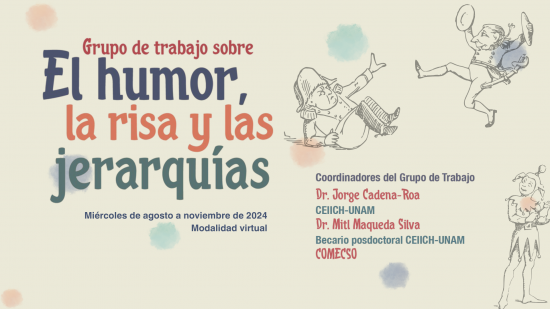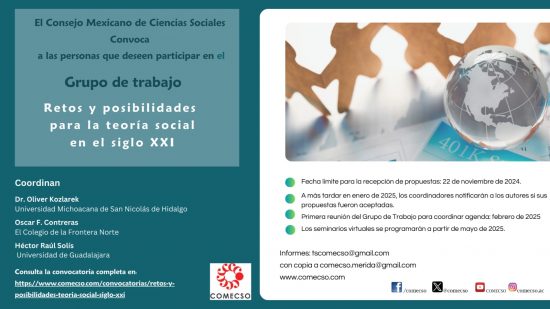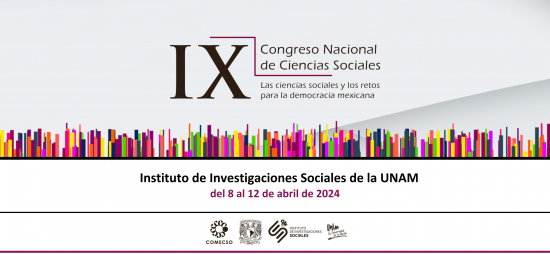Social Movements and Political Participation
ECPR General Conference – Hamburg – 22-25 August 2018
Section: Connecting Social Movement Studies and Political Participation Research
Panel title: From social movement participation to informal (political) participation and vice-versa ?
It seems that more and more people are engaging in informal forms of political participation, characterized by a low level of coordination, more or less ad hoc forms of organization, and a focus on specific issues outside the realm of institutions and organizations. Targeted citizen actions in urban spaces, “dumpster diving”, hosting of refugees in Europe are some examples of these practices. These informal modes of participation have been termed “individual collective action” or “personalised politics”; they are individualized actions that combine both personal and social transformations, but they are not isolated acts; they are rather a diffuse and highly decentralized movement. How these forms of participation are related to social movements activism (and vice- versa)? Is it a sign of bigger changes affecting political engagement and even relations to politics?
Indeed, citizens engaged in these actions are directly practicing the changes that they would like to pursue, and are not addressing demands to the government. Their actions are very localized and concern day-to-day life. While these actions express a desire for social change, there is no explicit political message targeted to public authorities or political adversaries. Furthermore, these forms of participation, which may be more or less widespread and simultaneous, are nonetheless poorly coordinated with other similar actions, as is the case with social movement organizations’ activities. Finally, these forms of action do not seem to seek collective and public recognition, as is the case with the women’s, Indigenous or LGBT movements, for example. Nevertheless, the political dimension may be strongly present, especially for people who see the transformation of their private lives as a strong political commitment.
The aim of this panel is to gather people interested in questions related to the transformation of political participation and activism. More specifically, we would appreciate papers that propose to discuss the following: (1) the different terms and concepts used to refer to informal political participation; (2) the relationship of informal political participation and social movements; and (3) the relationship of informal political participation to the “traditional” forms of politics, or institutions. On each of these dimensions, informal participation represent an analytical and theoretical challenges that we consider highly relevant to think about political participation and activism.
Please consider submitting an abstract (max 500 words) by January 20, 2018 by sending an e-mail to : laurence.bherer@umontreal.ca and pascale.dufour@umontreal.ca
Laurence Bherer & Pascale Dufour, Political Science, University of Montreal
For information click here
Te puede interesar

Publicaciones del COMECSO
comecso - Dic 04, 2024Este espacio reúne la gran mayoría de la producción editorial de nuestra asociación. A lo largo de casi cinco décadas,…
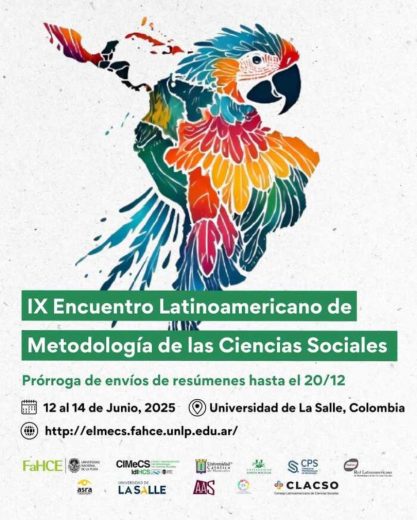
IX Encuentro Latinoamericano de Metodología de las Ciencias Sociales
Laura Gutiérrez - Dic 11, 2024IX Encuentro Latinoamericano de Metodología de las Ciencias Sociales Indisciplinar las ciencias sociales. Transformaciones y resistencias en las fronteras metodológicas…
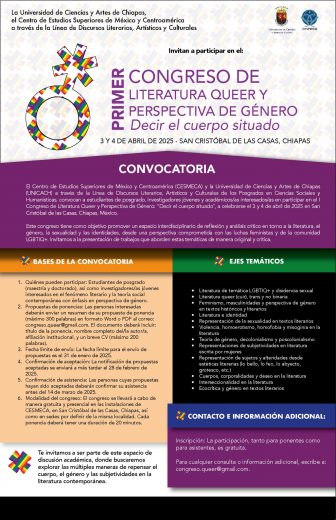
Primer Congreso de Literatura Queer y Perspectivas de Género: “Decir el cuerpo situado”
Laura Gutiérrez - Dic 11, 2024La Universidad de Ciencias y Artes de Chiapas, el Centro de Estudios Superiores de México y Centroamérica a través de…

Postdoctoral Research Fellowships
Laura Gutiérrez - Dic 11, 2024University of California Alianza MX Postdoctoral Research Fellowships 2025 Pilot Program Deadline: March 31, 2025 The University of California Alianza…



